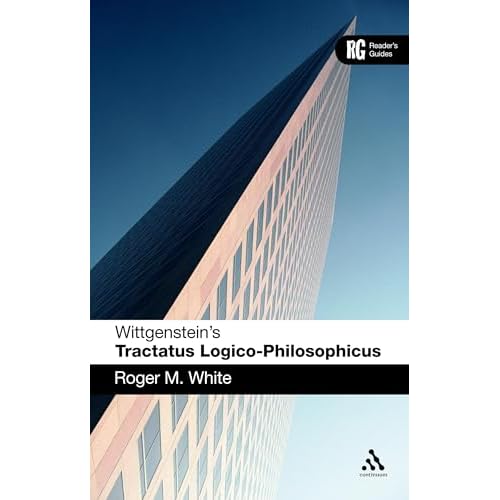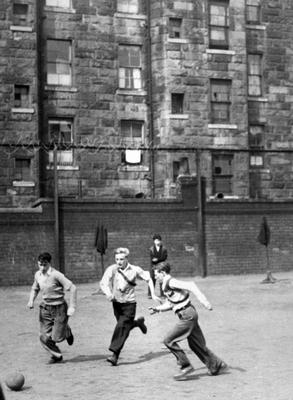 Tractus Logico-Philosophicus
Tractus Logico-Philosophicusby Ludwig Wittgenstein
The slim volume (fewer than eighty pages) comprises a system of short, oracular utterances, numbered 1, 1.1, 1.11, 1.12, etc., through to 7, so that 1.1 is a comment on or elaboration of 1, 1.11 and 1.12 comment on 1.1, and so forth, to demonstrate their nested interrelations. (Though Wittgenstein does not always number them according to his system.) It sets forth on an ambitious project to identify the relationship between language and reality and to define the limits of philosophy by articulating “…the conditions for a logically perfect language.” (Russell, p. 8 in the C. K. Ogden Translation) The goal was a philosophical system that would complete Bertrand Russell's early philosophy of "logical atomism."
Wittgenstein's work on Logik began to take on an ethical and religious significance. With this new concern with the ethical, combined with his earlier interest in logical analysis, and with key insights developed during the war (such as the so -called "picture theory" of propositions), Wittgenstein's work from Cambridge and Norway was transfigured into the material that eventually became the Tractatus. In 1918, toward the end of the war, Wittgenstein was promoted to reserve officer (lieutenant) and sent to northern Italy as part of an artillery regiment. On leave in the summer of 1918, he received a letter from David Pinsent's mother telling Wittgenstein that her son had been killed in an airplane accident. Suicidal, Wittgenstein went to stay with his uncle Paul, and completed the Tractatus, which was dedicated to Pinsent.
-called "picture theory" of propositions), Wittgenstein's work from Cambridge and Norway was transfigured into the material that eventually became the Tractatus. In 1918, toward the end of the war, Wittgenstein was promoted to reserve officer (lieutenant) and sent to northern Italy as part of an artillery regiment. On leave in the summer of 1918, he received a letter from David Pinsent's mother telling Wittgenstein that her son had been killed in an airplane accident. Suicidal, Wittgenstein went to stay with his uncle Paul, and completed the Tractatus, which was dedicated to Pinsent.
 -called "picture theory" of propositions), Wittgenstein's work from Cambridge and Norway was transfigured into the material that eventually became the Tractatus. In 1918, toward the end of the war, Wittgenstein was promoted to reserve officer (lieutenant) and sent to northern Italy as part of an artillery regiment. On leave in the summer of 1918, he received a letter from David Pinsent's mother telling Wittgenstein that her son had been killed in an airplane accident. Suicidal, Wittgenstein went to stay with his uncle Paul, and completed the Tractatus, which was dedicated to Pinsent.
-called "picture theory" of propositions), Wittgenstein's work from Cambridge and Norway was transfigured into the material that eventually became the Tractatus. In 1918, toward the end of the war, Wittgenstein was promoted to reserve officer (lieutenant) and sent to northern Italy as part of an artillery regiment. On leave in the summer of 1918, he received a letter from David Pinsent's mother telling Wittgenstein that her son had been killed in an airplane accident. Suicidal, Wittgenstein went to stay with his uncle Paul, and completed the Tractatus, which was dedicated to Pinsent.












